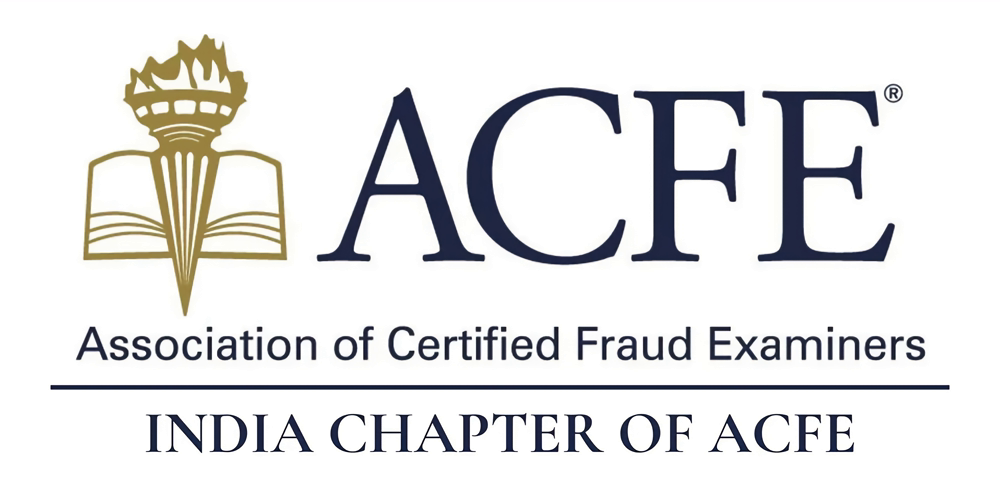This July marked a significant milestone with the upgrade of three key criminal laws in India: the IPC, the Code of Criminal Procedure, and the Indian Evidence Act. The objective is to modernize and streamline India’s criminal legal system. Preparation for this roll out required specialized training for various groups, including grassroot level functionaries, police, forensic personnel, and judicial officials, with about 500,000 individuals being trained. The modernization effort also involved significant updates to IT systems for reporting, investigation, and data gathering, with the National Crime Records Bureau (NCRB) enhancing its criminal tracking network and mobilizing some 36 support teams and call centers.
A mammoth task indeed, but what do these changes mean for CFE professionals? A few:
- Stricter Compliance and Regulatory Requirements: The need to continuously update education, certifications, and training to stay aligned with the new legal frameworks and compliance standards.
- Broadened Scope of Investigation: New legal definitions and classifications of fraud will expand the scope of investigations, requiring CFEs to develop new expertise and methodologies.
- Increased Collaboration with Authorities: The need to work more closely with regulatory and law enforcement agencies, sharing insights and findings, and more importantly keeping in mind the number of days for each procedure if a matter goes to court.
- Enhanced Accountability and Reporting: The new laws will introduce stricter reporting standards, necessitating thorough documentation and timely reporting of fraudulent activities.
- Technological Adaptation: Adaptation to and quick learning of new advanced technological tools and methodologies to address digital fraud, digital forensics, and cyber crimes effectively.
These changes emphasize the need for CFEs to continuously upgrade their skills, stay informed about legal changes, and adopt a proactive approach to fraud detection and prevention within their professional spheres.
Recognizing the importance of the recent changes to India's criminal laws, professionals need guidance to navigate these updates. The NCRB has addressed this need by launching the “NCRB Sankalan of Criminal Laws” mobile app, a comprehensive one stop platform offering a detailed guide and juxtaposition to both old and new laws.
The app features an index linking all chapters and sections of the new laws, a section- wise comparison chart, and a search function for quick information retrieval. Designed to work offline, the app is available on Google Play Store and Apple App Store. It is an invaluable resource for the general public, court officers, advocates, law students, police officers, investigators, and CFEs, in enhancing the understanding of these new criminal laws.




